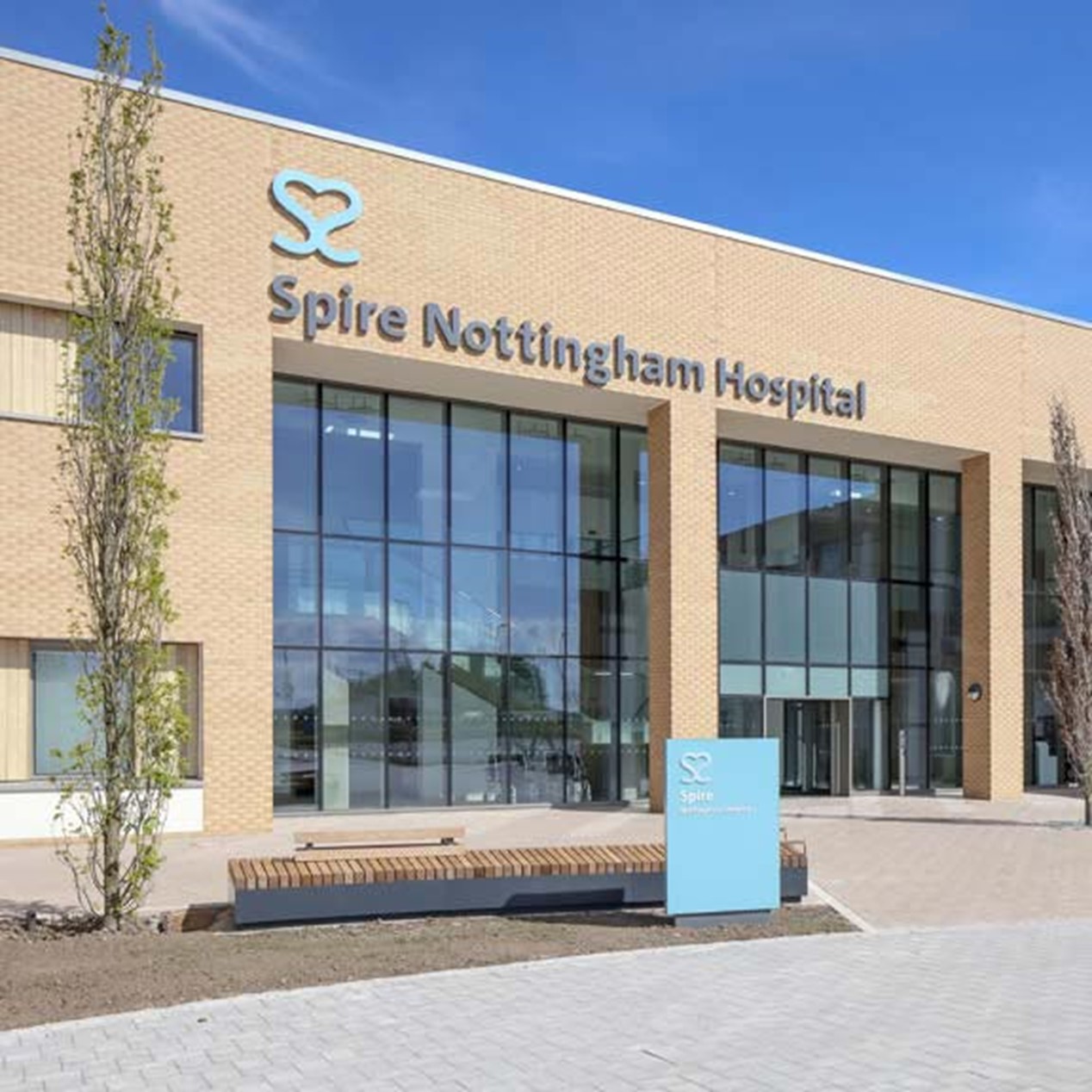View this treatment at your local spire Spire Hospital
- Local pricing
- Consultants near you
- Payment options
- Local pricing
- Consultants near you
- Payment options
Endoscopic ultrasound combines endoscopy and ultrasound to diagnose and treat a range of gastrointestinal problems.
Why you might need it
Endoscopic ultrasound can help your doctor diagnose a number of different conditions. It is the most sensitive method of looking for tiny gallstones and chronic pancreatitis which may not have been picked up on other scans. It can also be used to help determine the causes of abnormal liver tests and upper abdominal pain. In addition, it enables your doctor to biopsy and assess cysts or tumours in the pancreas and biliary tree, and lymph nodes in the chest and abdomen.
Endoscopic ultrasound is generally used to:
- clarify the nature of an abnormality identified through previous tests
- investigate the gallbladder and/or enlarged bile ducts
- look for other causes of abdominal pain which may have been missed on previous tests, particularly small gallstones or chronic pancreatitis
- study enlarged lymph nodes
- evaluate tumours or cysts in the pancreas
Find a Spire hospital offering this treatment

Who will do it?
Endoscopic ultrasound is undertaken by a consultant gastroenterologist with specific training in the technique.
Our patients are at the heart of what we do and we want you to be in control of your care. To us, that means you can choose the consultant you want to see, and when you want. They’ll be with you every step of the way: from giving advice at your first consultation, through to offering on-going support after your treatment.
All of our surgeons are of the highest calibre and benefit from working in our modern, well equipped hospitals.
Our consultants have high standards to meet, often holding specialist NHS posts and delivering expertise in complex sub-specialty surgeries. A number of our consultants have international reputations for their research in their specialised field.
Before your treatment
You will have a formal consultation with a healthcare professional. During this time you will be able to explain your medical history, symptoms and raise any concerns that you might have.
We will also discuss with you whether any further diagnostic tests, such as scans or blood tests, are needed. Any additional costs will be discussed before further tests are carried out.
Preparing for your treatment
We've tried to make your experience with us as easy and relaxed as possible.
For more information on visiting hours, our food, what to pack if you're staying with us, parking and all those other important practicalities, please visit our patient information pages.
Our dedicated team will also give you tailored advice to follow in the run up to your visit.
The procedure
A small ultrasound probe is built into the tip of the endoscope, allowing it to act as a window to the organs of the body. As EUS is done inside of the body, close to the organ being examined, a fine high frequency imaging energy can be used which means the images obtained are more accurate and detailed than those provided by traditional ultrasound.
In addition, the superior resolution provides continuous data, avoiding the unseen and unrecorded gaps between still images of scans. Because the instrument has a working channel, different sized instruments such as needles can be put through the channel to obtain tissue samples and carry out drainage procedures.
Performed under sedation, an EUS examination takes up to 30 minutes depending on the complexity.
Aftercare
You’ll be able to leave after resting for a short time. You will feel a bit light-headed due to the sedative and you’ll need a friend or relative to accompany you home and stay with you overnight if you’re an outpatient.
After this, you will be taken to your room or comfortable area where you can rest and recuperate until we feel you’re ready to go home.
Looking after you
Even once you’ve left hospital, we’re still here for you. Your consultant is likely to want to see you a week or so after your procedure to see how you’re doing and to discuss the results of the endoscopic ultrasound and any biopsy results.
On very rare occasions, complications following treatment can occur. If you experience any of these symptoms - vomiting blood, breathing difficulties, acute pain in the neck, chest or stomach - please call us straight away. Your consultant will talk to you about the possible risks and complications of having this procedure and how they apply to you.
If you have any questions or concerns, we’re ready to help.
Why choose Spire?
We are committed to delivering excellent individual care and customer service across our network of hospitals, clinics and specialist care centres around the UK. Our dedicated and highly trained team aim to achieve consistently excellent results. For us it's more than just treating patients, it's about looking after people.
Important to note
The treatment described on this page may be adapted to meet your individual needs, so it's important to follow your healthcare professional's advice and raise any questions that you may have with them.

